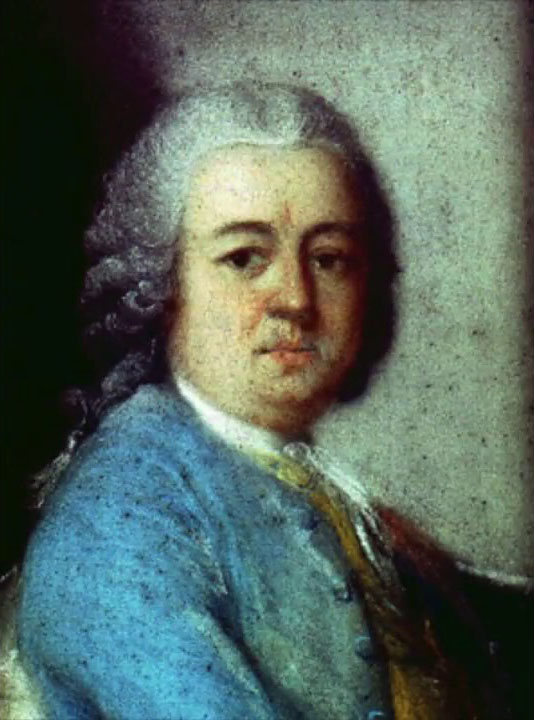Bach Cantata Day Information:
Epiphany V
The 5th Sunday after Epiphany (January 6th), but only if it occurs before Septuagesima, the 70th day before Easter. Liturgical period : Ordinary time I.
Occurrences: February 9 2025, February 6 2028, February 10 2030, February 6 2033.
Music for this day
- Der Herr wird ein Neues im Lande, JLB 13
(first performance 2 July 1726, Leipzig period) - Die Weisheit kömmt nicht, JLB 14
(first performance 19 May 1726, Leipzig period) - Ich will meinen Geist, JLB 7
(first performance 28 July 1726, Leipzig period) - Tilge, Höchster, meine Sünden, BWV 1083
(first performance ? 1745–1747, Leipzig period)
Epiphany V is the fifth Sunday after Epiphany. This day only occurs in years with a really late Easter. The latest possible date for Easter is April 25th (you'll have to wait until 2038 to see that happen), and in order to have Epiphany V Easter needs to fall typically April 16 or later. So Epiphany V does not occur regularly.
It did occur however in 1726, the year of Bach's third annual cycle in Leipzig. However, for reasons unknown, he chose not to write a cantata himself, but to stage a cantata by his cousin, Johann Ludwig Bach, called Der Gottlosen Arbeit (JLB 2). Unfortunately there are no recordings of this cantata currently available on the online music streaming services.
In 1729 Epiphany V occured again, but the libretto Picander wrote for this occasion called Erwache, du verschlaffnes Herze, has no known Bach cantata.
So I've taken the liberty to choose a completely different cantata, of which it is not know for what occasion it was written. You'll probably recognise the music of Tilge, Höchster, meine Sünden, BWV 1083, as it is a musical parody of the very famous Stabat Mater by Giovanni Battista Pergolesi (1710-1736), written in the last weeks of his life before succumbing to tuberculosis aged only 26. Bach used a German paraphrase of Psalm 51 as the text for this cantata, and performed it in Leipzig somewhere between 1745 and 1747, making it the first demonstrable performance of Pergolesi's music in Germany. Stabat Mater itself was only printed for the first time in 1748.
Next to that, I've added three other cantatas by Johann Ludwig Bach, all of which where staged by JS Bach in that year 1726. It gives us the opportunity to appreciate the quality of these works. In fact, the quality of Johann Ludwig's cantatas is good enough that Denn du wirst meine Seele nicht in der Hölle lassen, BWV 15 was originally attributed to JS Bach, but scholars now agree it is actually a Johann Ludwig cantata. So it now has received the notation Anh III 157, part of a list of works which are probably not by JS Bach, and as well JLB 21, so it has been added to the catalog of works by Johann Ludwig.
And all this actually means that all of the music for this day is... Not really by Johann Sebastian Bach. But I am sure you will enjoy it!
Playlist
WBC16-Epiphany V

Choose one of these streaming services to listen to this playlist:
Image of the day

Johann Ludwig Bach (1677-1731), third cousin of Johann Sebastian. During his tenure as Thomaskantor in Leipzig, JS Bach performed several of Johann Ludwig's cantatas.